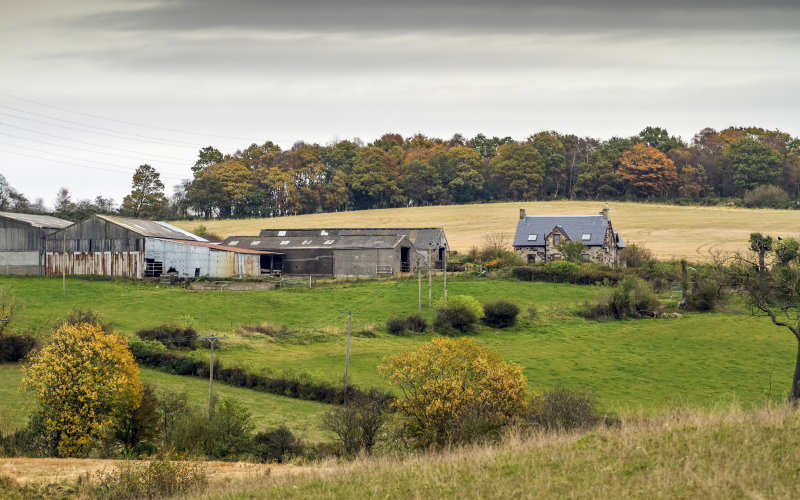
In 2015, the Scottish Government’s Independent Adviser on Tenant Farming, the National Farmers Union of Scotland, Scottish Land and Estates and the Scottish Tenant Farmers Association published a joint guide to ‘Negotiating and Conducting Rent Reviews’. Further guidance on this matter was recently released by Scotland’s Tenant Farming Commissioner.
The guidance is aimed at rent reviews relating to agricultural tenancies which were created under the Agricultural Holdings (Scotland) Act 1991 (“the 1991 Act”) and is particularly important when considering 1991 Act tenancies which have continued to operate beyond their original term under the legal principle of ‘tacit relocation’. This allows the tenancy to continue beyond the initial intended duration until either the tenant or the landlord brings the tenancy to an end. Without valid termination, these tenancies can continue to operate for many years. The guidance may also be relevant to the parties of a Limited Duration Tenancy which does not contain a procedure for conducting rent reviews.
The 2015 Guidance
The 2015 guidance does not replace the provisions of the 1991 Act and is based on the assumption that all involved will act reasonably. The guidance is built upon three core principles:
- Rent should only be charged on land and fixed equipment provided by the landlord and should ignore any potential income contribution resulting from the tenant’s fixtures or improvements.
- Proposals and counter proposals should be presented in a form that is fully transparent, and should contain enough detail to allow parties to understand and confirm the other’s calculations.
- Sufficient time should be given to each party to allow proposals to be considered in full.
The 2015 guidance introduced a test for use in rent reviews – the “sense test”. The sense test stipulates that any increase or reduction in rent should not wildly vary from the inflation rate except where there are exceptional circumstances.
Updated Guidance
The recent update is a result of feedback suggesting that the 2015 guidance requires clarification. There is also a general consensus in the industry that long periods between rent reviews can be detrimental to the tenant’s business, a point which it has been suggested, needs to be reinforced.
The new guidance recommends the following:
- Parties should discuss the issue of rent in advance of issuing a formal rent proposal in order to avoid any surprises. It may also be beneficial to issue the proposal at a face to face meeting to allow any issues to be identified and dealt with early in the process.
- Where a rental figure is proposed which is not in line with the sense test, the party proposing it should be prepared to provide a full explanation and supporting evidence. Failure to do so may result in drawn out negotiations.
- Rental figures agreed at other farms can be used for comparison purposes. Permission should be obtained from both the tenant and landlord of the farm being compared.
- Rental values from alternative types of tenancy, such as the Limited Duration Tenancy, can be presented as best evidence if no information is available for 1991 Act tenancies.
The Tenant Farming Commissioner notes that the process of negotiating rent is not an exact science and the best way to reach an agreement is through discussion and reviewing the evidence provided by each party. If an agreement cannot be reached, both parties are recommended to seek alternative dispute resolution, such as arbitration or mediation.
For further information and advice on the law relating to rent reviews or agricultural tenancies more generally, please contact a member of the Land and Rural Business team.
